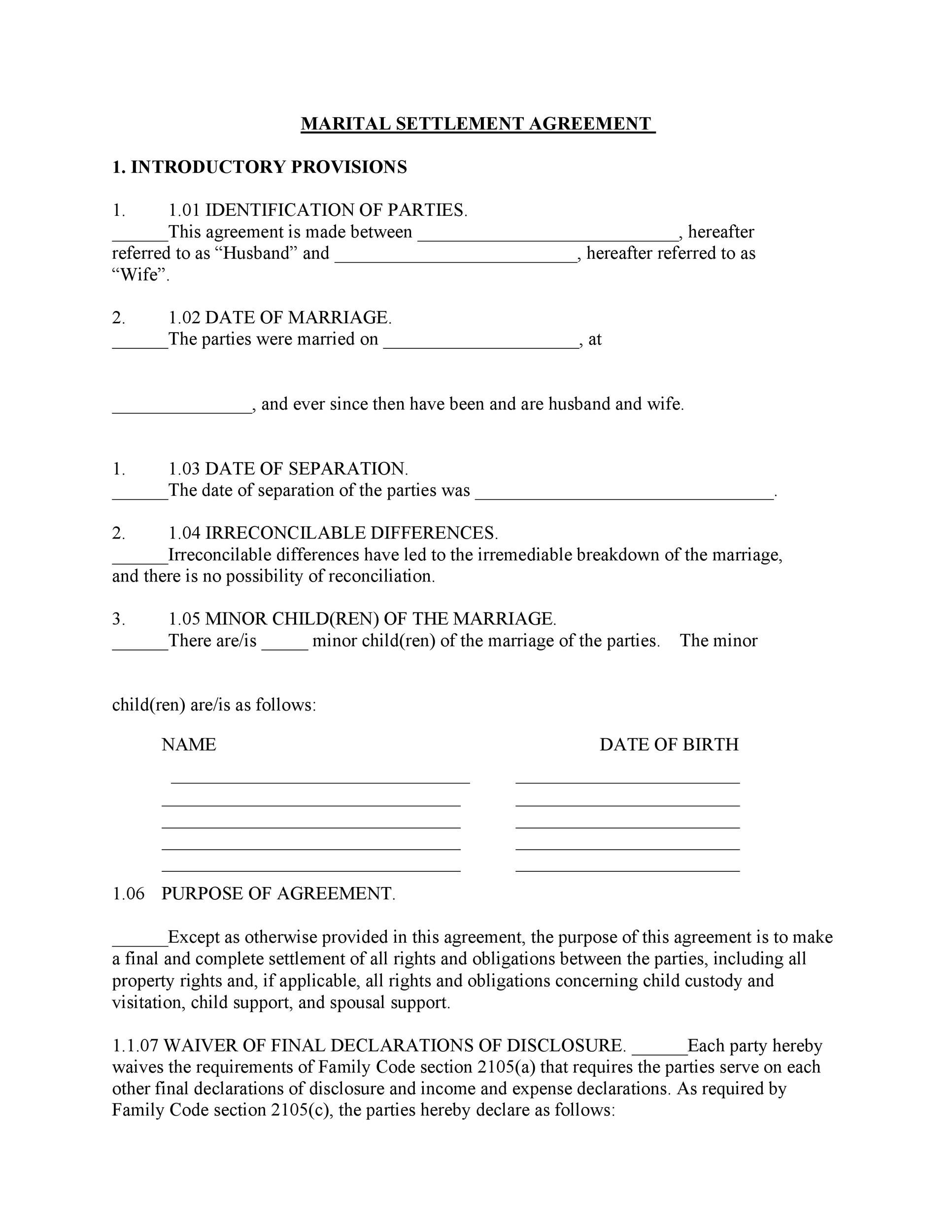Prosecutors play an indispensable role in the justice system, upholding justice and protecting rights. Their profound responsibilities make their work paramount to preserving societies founded on fairness and the rule of law.

Upholding Indigenous Rights - Educurious - Source educurious.org
Editor's Notes: Prosecutors: Upholding Justice And Protecting Rights has published today because understanding the complexities of prosecutors' duties, we can appreciate their integral role in a well-functioning society.
Through meticulous analysis and extensive research, we have compiled this comprehensive guide. It is designed to provide a clear understanding of the profound responsibilities shouldered by prosecutors.
| Key Differences | Key Takeaways |
| Prosecutors have the authority to initiate criminal proceedings. | They play a crucial role in determining which cases go to trial. |
| Prosecutors are responsible for presenting the state's case in court. | Their arguments and evidence can significantly impact the outcome of criminal trials. |
| Prosecutors have the discretion to plea bargain with defendants. | These negotiations can result in reduced charges or sentences. |
This article delves into these responsibilities, shedding light on the importance of prosecutors and their commitment to upholding justice while protecting the rights of individuals.
FAQs
Prosecutors, as representatives of the public interest, hold a unique and multifaceted role in the criminal justice system. With the responsibility to uphold justice and protect the rights of both individuals and society at large, their work often comes under scrutiny and raises pertinent questions. This FAQ section delves into common concerns or misconceptions about prosecutors and their role to provide a deeper understanding.
Upholding Justice: Social, Psychological and Legal Perspectives - 1st - Source www.routledge.com
Question 1: What is the primary role of a prosecutor?
Prosecutors serve as legal advocates for the government in criminal proceedings. Their primary duty is to present evidence and argue cases against accused individuals in court, seeking justice on behalf of the public. They must adhere to ethical standards and ensure fair trials while upholding the rule of law.
Question 2: How does a prosecutor determine whether to file charges?
Prosecutors make charging decisions based on a thorough review of the evidence, including police reports, witness statements, and forensic analysis. They consider factors such as the strength of the evidence, potential defenses, and the impact on the victim and community. Prosecutors must also weigh the public interest and exercise discretion in determining whether to pursue charges.
Question 3: Is it true that prosecutors only seek convictions?
No, this is a common misconception. While it is their responsibility to advocate for the prosecution's case, prosecutors are also bound by ethical obligations to ensure a fair trial and to respect the rights of the accused. They must disclose exculpatory evidence, avoid prosecutorial misconduct, and refrain from seeking convictions based on insufficient evidence.
Question 4: What happens if a prosecutor believes the defendant is innocent?
In such cases, prosecutors have an ethical duty to withdraw from the case and may recommend dismissal of charges. However, they cannot disregard credible evidence that suggests guilt or fabricate evidence. Prosecutors must uphold their obligation to the public interest while respecting the rights of the individual.
Question 5: How can I file a complaint against a prosecutor?
Complaints against prosecutors can be filed with the appropriate state bar association or disciplinary agency. These agencies investigate allegations of misconduct, such as unethical behavior or violations of the law. Individuals with concerns should follow the established procedures for filing complaints.
Question 6: What are some of the challenges faced by prosecutors?
Prosecutors face numerous challenges, including high caseloads, limited resources, and the need to balance the rights of the accused with the public's interest. They must also navigate complex legal issues and make difficult decisions under pressure. Despite these challenges, prosecutors strive to fulfill their mission of upholding justice and protecting the rights of all.
In conclusion, prosecutors play a vital role in the criminal justice system, balancing the need for accountability with the protection of individual rights. By understanding their duties and responsibilities, we can better appreciate their contributions to ensuring a fair and just society.
To learn more about prosecutors and their role, visit the following resources:
Tips by Prosecutors: Upholding Justice And Protecting Rights
Prosecutors have a critical role in the criminal justice system, tasked with both seeking justice and protecting the rights of the accused. To effectively fulfill these responsibilities, prosecutors often rely on a set of tips and best practices.
Tip 1: Be guided by facts and the law.
Prosecutors should base their decisions on a thorough analysis of the available evidence and the applicable laws. This ensures that charges are filed appropriately and that the accused's rights are respected.
Tip 2: Maintain impartiality and avoid bias.
Prosecutors must approach cases with an open mind and strive to be impartial. They should avoid personal biases or prejudices that may cloud their judgment and undermine the fairness of the proceedings.
Tip 3: Conduct thorough investigations.
Prosecutors should ensure that all relevant evidence is gathered and reviewed thoroughly to inform their decision-making. This includes examining witness statements, physical evidence, and any other materials that may shed light on the case.
Tip 4: Communicate effectively with other parties.
Prosecutors should maintain open lines of communication with defense attorneys, victims, and the public. Transparent and respectful interactions foster trust and a better understanding of the legal process.
Tip 5: Be mindful of the accused's rights.
Prosecutors have an ethical and constitutional obligation to uphold the rights of the accused, including the right to legal counsel, the presumption of innocence, and protection against self-incrimination.
Key Takeaways:
By adhering to these tips, prosecutors can strengthen the integrity of the criminal justice system, ensure fairness for all, and effectively fulfill their mandate to seek justice and protect rights.
Prosecutors: Upholding Justice And Protecting Rights
Prosecutors play a pivotal role in the criminal justice system, wielding the power to prosecute offenders and safeguard the rights of individuals. Six essential aspects define their responsibilities and underscore their importance:
- Accountability: Holding perpetrators responsible for their actions
- Fairness: Ensuring equal treatment under the law
- Integrity: Acting with impartiality and honesty
- Justice: Seeking outcomes that are just and equitable
- Protection: Safeguarding victims and the community
- Public Trust: Maintaining confidence in the legal system
Prosecutors must balance the pursuit of justice with the protection of individual rights. They navigate complex ethical dilemmas, ensuring that due process is upheld and the rights of the accused are respected throughout the legal process. The integrity and fairness exhibited by prosecutors are fundamental to the preservation of a just and equitable society.

Premium Photo | Upholding Justice Fairness and Human Rights The Role of - Source www.freepik.com
Prosecutors: Upholding Justice And Protecting Rights
Prosecutors play a pivotal role in the criminal justice system, balancing the dual responsibilities of upholding justice and protecting individual rights. They represent the state in criminal cases, seeking to convict the guilty while ensuring that the innocent are not wrongfully accused or punished. The connection between these two duties is inextricable, as justice cannot be fully served without protecting the rights of those involved.

Rights Of Child Agreement / Protecting Rights through Permanent Status - Source opisynacodzien.blogspot.com
The duty to uphold justice entails investigating crimes, gathering evidence, and presenting a strong case in court. Prosecutors must be impartial, seeking truth and fairness regardless of personal beliefs or biases. They must also respect the rights of the accused, ensuring that they are afforded due process and a fair trial. This includes the right to legal counsel, the right to remain silent, and the right to be presumed innocent until proven guilty beyond a reasonable doubt.
Protecting individual rights is essential to prevent wrongful convictions and ensure that the justice system operates fairly. Prosecutors must carefully review evidence, considering both inculpatory and exculpatory information. They must avoid tunnel vision, which can lead to overlooking evidence that exonerates the accused.
The practical significance of understanding this connection is immense. By upholding justice and protecting rights, prosecutors contribute to a fair and impartial criminal justice system. This fosters public trust and confidence in the rule of law. Prosecutorial misconduct, on the other hand, can erode trust and lead to wrongful convictions, undermining the credibility of the justice system as a whole.
In conclusion, the connection between prosecutors upholding justice and protecting rights is fundamental to the integrity of the criminal justice system. By balancing these responsibilities, prosecutors ensure that justice is served fairly and equitably, preserving the rights of both the accused and society as a whole.
